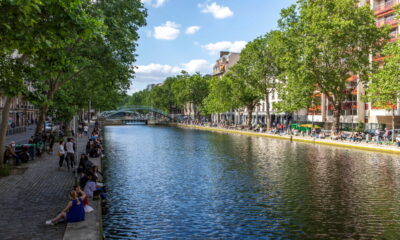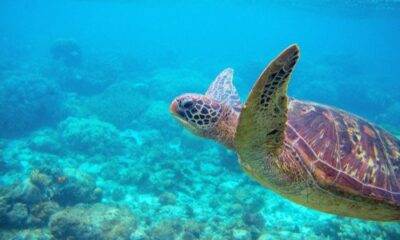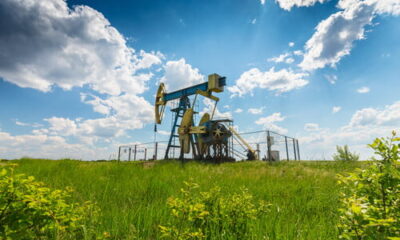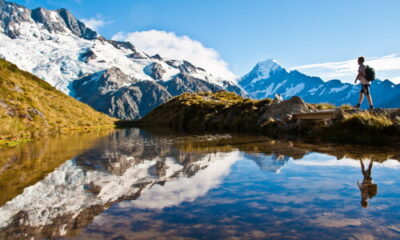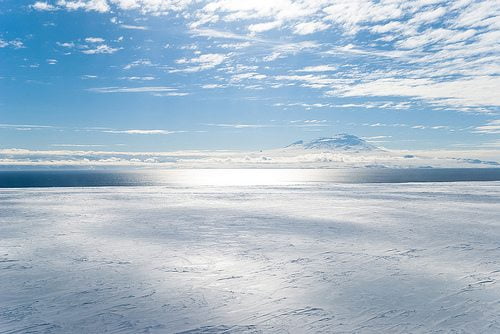

Environment
Global talks to discuss protected marine areas in Antarctica
Twenty-four countries plus the European Union have gathered in Hobart, Australia, as members of the Commission for the Conservation of Antarctic Marine Living Resources (CCAMLR), to discuss marine reserves in Antarctica that will protect the region from fishing and oil drilling.
But plans for the creation of two large marine protected areas in the Ross Sea might be too shortsighted, conservationists have said.
The US and New Zealand have proposed to set up a 1.3m sq km ‘safe’ area in the region, where oil drilling and fishing would be banned. A second proposal by Australia, France and the EU would see a 1.6m sq km marine sanctuary in East Antarctica created, doubling the size of the world’s protected oceans – which is currently only a relatively small 1%.
However, conservationists are fearful, as the surface of the protected area has been reduced by 40% since September because of pressure by fishing nations. They fear that the legislation might only be temporary.
Concerns have been raised over New Zealand‘s proposal to place a ‘sunset clause’, meaning that the protection of areas might expire after a certain time, leaving Antarctica open for industrial exploitation in the future.
Andrea Kavanagh, director of the Pew Charitable Trusts’ Southern Ocean sanctuaries project said, “These are some of our last intact marine areas, and they deserve meaningful, permanent protection, not halfway measures.
“These ocean areas are among the last pristine places on earth and critical to the vitality of broader ocean ecosystems. This is the opportunity to take cooperative action and get it right.”
Further reading:
New Zealand Airlines to run Antarctica flights for scientists
Proposed Antarctic reserve downsized after government opposition
Closing ozone hole may heat up Antarctica, says scientist



